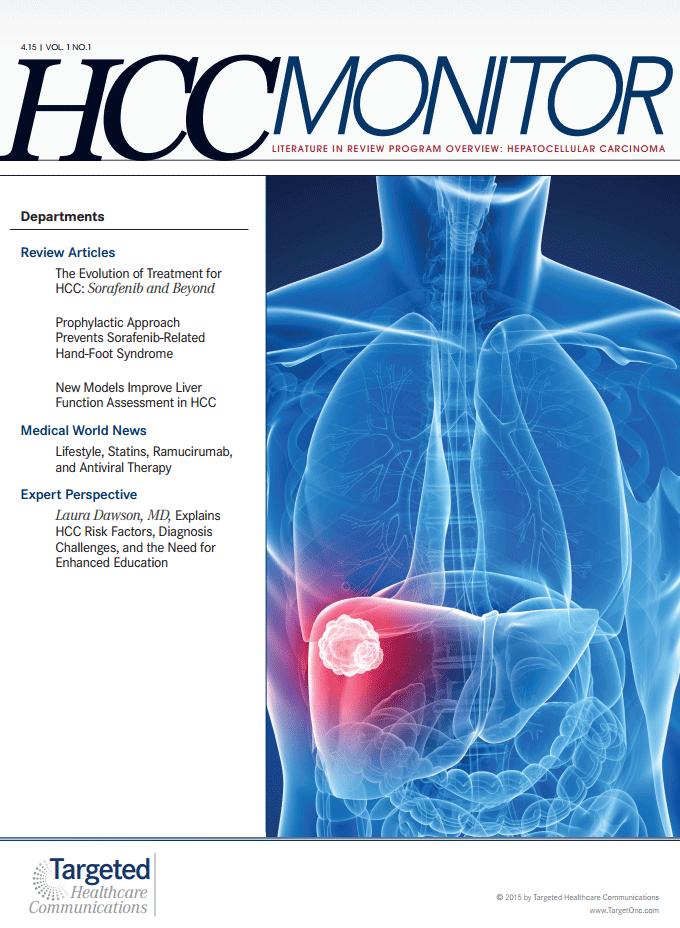Lifestyle Factors Associated With Liver Cancer Risk
The risk of developing liver cancer may be increased by excessive body fat and decreased by coffee consumption.
Stephen Hursting, PhD, MPH
The risk of developing liver cancer may be increased by excessive body fat and decreased by coffee consumption, according to an ongoing systematic review conducted in collaboration with the American Institute of Cancer Research.
The large international study analyzed data from 34 studies involving 8.2 million individuals, with over 24,500 liver cancer diagnoses. The World Cancer Research Fund International’s Continuous Update Project (CUP) completed the study.
In addition to new connections between coffee intake and weight, the report strengthened the association between alcohol and liver cancer. Taken together, the researchers estimated that maintaining a healthy weight and avoiding alcohol consumption could prevent 30% of new liver cancer cases (nearly 10,700 in 2015).
"This is the first time there's been such a clear signal from a rigorous systematic review on the links between obesity increasing risk of liver cancer and coffee decreasing risk," Stephen Hursting, PhD, MPH, researcher at the University of North Carolina Chapel Hill and one of the CUP expert panelists, said in a statement.
The reduction in risk seen with coffee consumption adds to a 2013 report connecting coffee with endometrial cancer prevention. Further research is examining whether coffee contains anti-cancer components. "[Coffee] may act on liver enzymes that eliminate carcinogens, for example," Hursting speculated.
Obesity has been associated with a variety of cancer types, including breast cancer. Research suggests that inflammation caused by obesity could be a leading cause for the increase in cancer. In general, a high fat diet and a BMI over 30 leads to increased proinflammatory mediators.
"The evidence on obesity and cancer is only getting stronger," said Hursting. "We're looking at a tsunami of obesity-related cancer coming. People really need to be aware of this issue and we need more research on weight loss strategies and understanding the mechanisms so that we can break this connection."

Survivorship Care Promotes Evidence-Based Approaches for Quality of Life and Beyond
March 21st 2025Frank J. Penedo, PhD, explains the challenges of survivorship care for patients with cancer and how he implements programs to support patients’ emotional, physical, and practical needs.
Read More